Top 10 Worst Cyber Crimes Analysed | Cyber Frauds
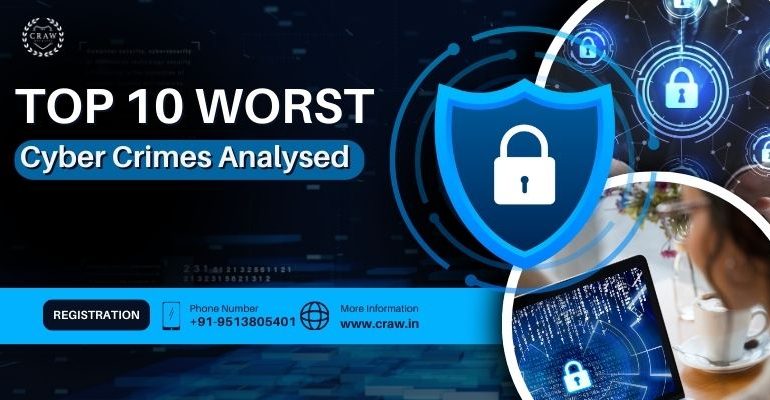
Top 10 Worst Cyber Crimes Analysed | Cyber Frauds
Top 10 Worst Cyber Crimes Analysed
India has emerged as a cybercrime hotspot due to its rapid digital transition and extensive internet usage. The nation has seen a number of high-profile cyber disasters, ranging from ransomware attacks to data breaches, that have had serious operational, financial, and reputational effects.
Due to India’s immense population and its diversity, it has become pretty easy for cyber adversaries to compromise the digital assets of varied organizations in the nation. During the recent years, we have seen a proliferation of the number of cyber attacks and cybercrimes targeting the common people of our country to the renowned personalities.
This article examines the Top 10 Worst Cyber Crimes that have rocked India, evaluating their effects, strategies, and takeaways. Read this article ahead to understand the Top 10 Worst Cyber Crimes Analysed by Craw Security, the Best Cybersecurity Training Institute in India.
1. Cosmos Bank Cyber Heist (2018)
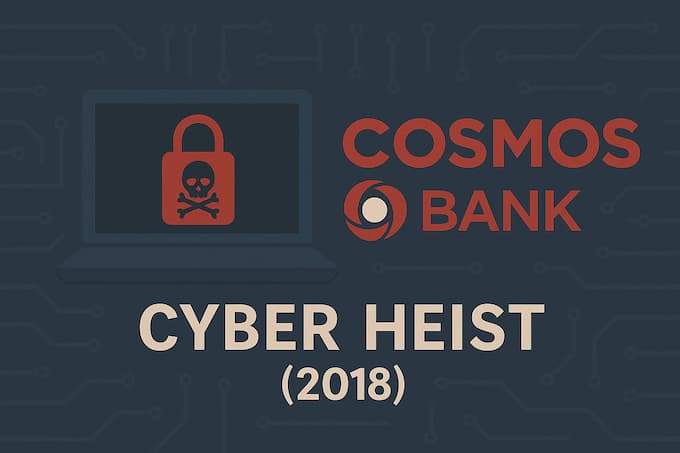
Loss: ₹94.42 crore
Method: Malware, ATM cloning, and SWIFT transactions
Details: Hackers stole enormous amounts of money from ATMs in 28 different countries after breaking into the ATM server of the Pune-based Cosmos Cooperative Bank. Additionally, they transferred money to international bank accounts using fake SWIFT transactions.
Impact: One of the largest organized cybercrimes in India was this one. It revealed serious flaws in the SWIFT network and banking infrastructure.
2. Aadhaar Data Breach (2018)
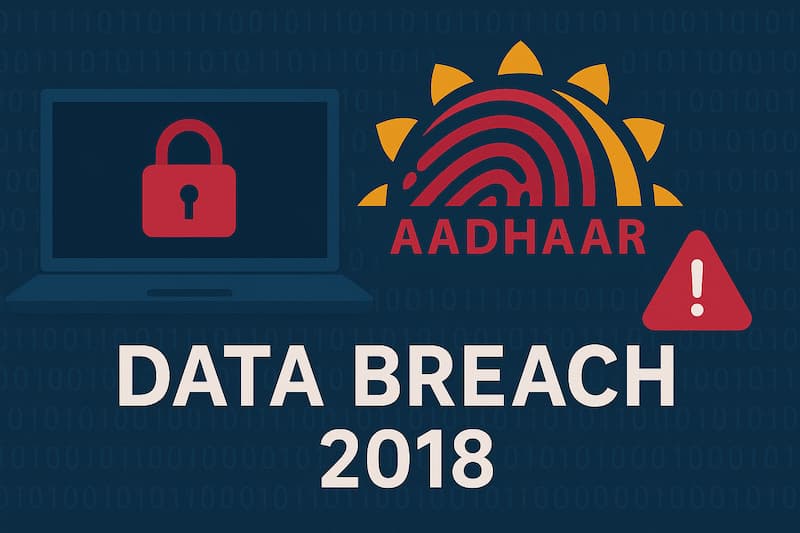
Loss: More than 1.1 billion records might be made public.
Method: Unauthorized entry using a flaw in the software.
Details: The Tribune revealed that Aadhaar data access was being offered for ₹500 on the internet. Names, addresses, phone numbers, and Aadhaar numbers were among the sensitive data that was compromised.
Impact: Raised serious questions regarding the security and privacy of the biggest biometric database in the world.
3. MobiKwik Data Leak (2021)
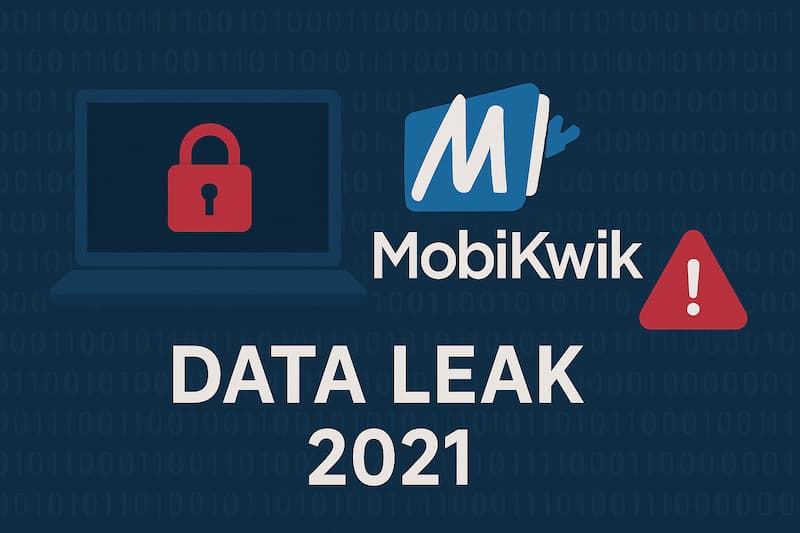
Loss: 8.2 TB of data and 3.5 million KYC records were exposed.
Method: Access to a server without authorization.
Details: Almost 100 million users’ data was purportedly offered for sale on the dark web. Security researchers confirmed the data’s legitimacy after MobiKwik first disputed the incident.
Impact: Damaged user confidence and generated discussions about the necessity of strict data protection regulations in India.
4. Paytm Mall Hack (2020)
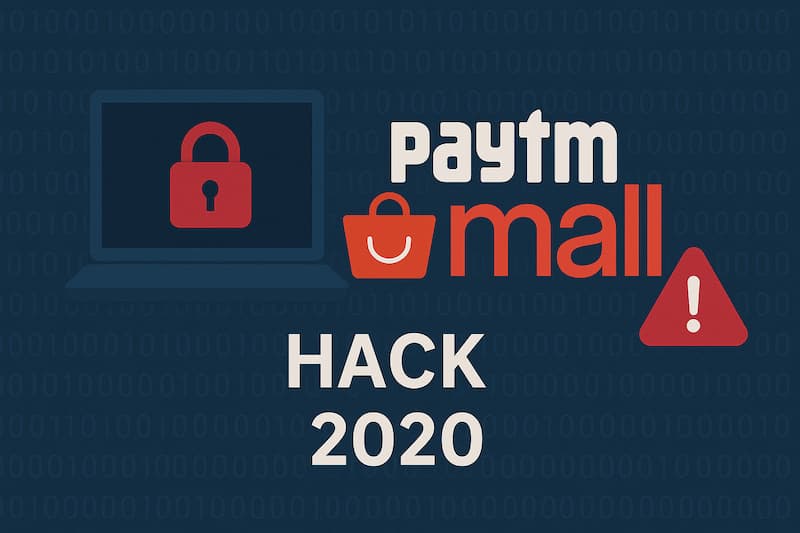
Loss: Estimated at ₹10 crore
Method: Insider involvement and data exfiltration
Details: According to reports, the hacker collective “John Wick” obtained unfettered access to the company’s database by using an insider to take advantage of internal weaknesses.
Impact: Emphasized the significance of system audits and personnel monitoring, as well as the danger of insider access.
5. Air India Data Breach (2021)
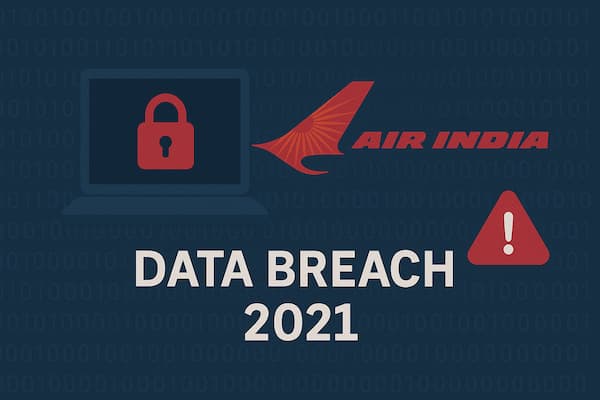
Loss: Data compromise for 4.5 million travelers.
Method: SITA, a multinational airline data provider, was attacked.
Details: Travel history, credit card information, and passport details were among the personal information that was stolen. Passengers who registered between 2011 and 2021 were impacted by the breach.
Impact: Highlighted the weaknesses of third-party services and the implications of interconnectedness in global supply chains.
6. Juspay Data Breach (2020)
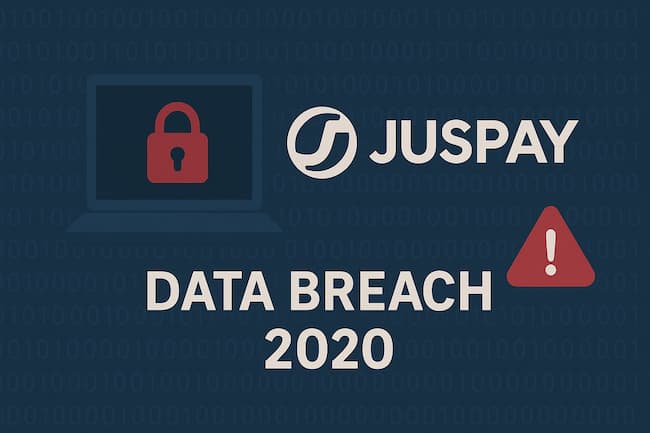
Loss: Leak of 35 million records
Method: Taking advantage of weak server credentials.
Details: Masked email addresses and card numbers were among the compromised information. Although no whole card numbers or CVVs were made public, the hack was significant in scope.
Impact: Revealed the weaknesses in data storage procedures and payment gateway infrastructure security.
7. AIIMS Delhi Ransomware Attack (2022)
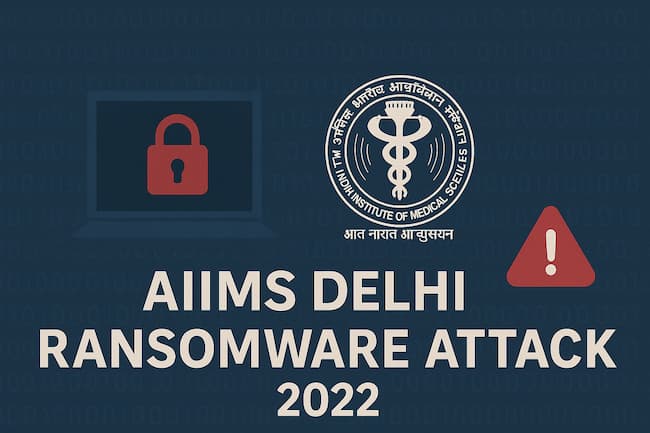
Loss: The estimated operating disruption is ₹200 crore.
Method: Ransomware attack
Details: For more than two weeks, the digital services of the prestigious medical facility were unavailable, impacting appointments, lab results, and patient information. In cryptocurrencies, hackers allegedly sought ₹200 crore.
Impact: Highlighted the effects of digital dependency and the susceptibility of vital healthcare infrastructure.
8. BigBasket Data Breach (2020)

Loss: More than 20 million users’ data was compromised.
Method: Exploiting databases and selling on the dark web.
Details: Names, email addresses, and hashed passwords were among the personal information offered for sale on the dark web.
Impact: Reaffirmed that improved authentication procedures and encryption are essential for e-commerce platforms.
9. Indian Nuclear Power Plant Malware Attack (Kudankulam, 2019)
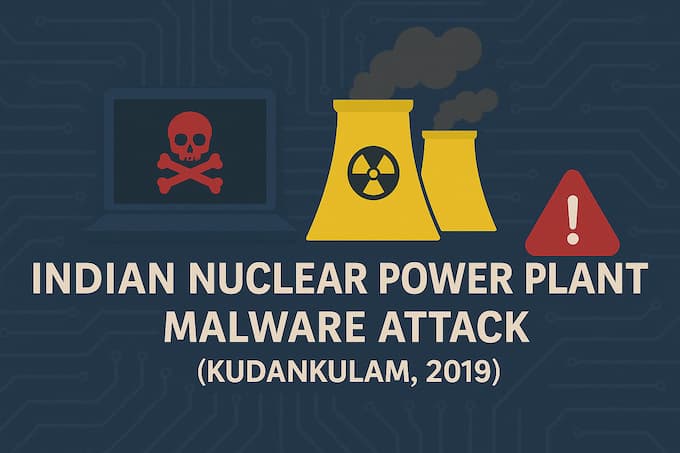
Loss: There was a significant security lapse but no confirmed data breach.
Method: North Korean-affiliated Dtrack malware.
Details: Malware was discovered in the Kudankulam Nuclear Power Plant’s network by a security researcher. After first denying the incident, the government acknowledged that the administrative network was compromised.
Impact: Revealed weaknesses in the country’s vital infrastructure and the necessity of strong cyber defense plans.
10. Oyo Data Breach (2019)
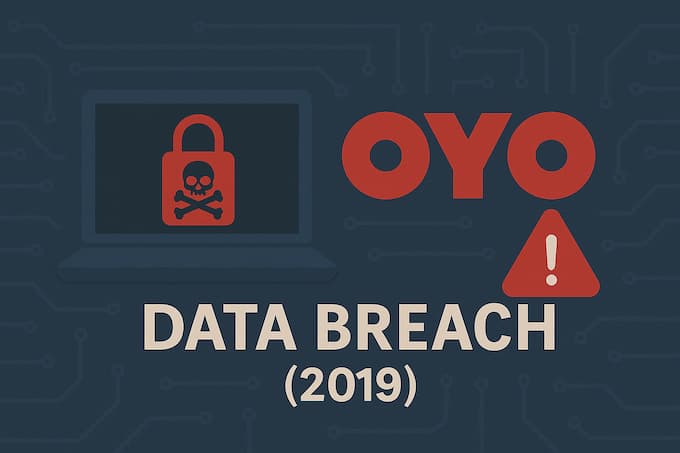
Loss: Unknown, but 100,000 reservations were compromised
Method: Weak API security
Details: The hacker obtained the names, contact information, and booking IDs of the customers. On the dark web, a sample of the data was posted.
Impact: Raised awareness of the weak cybersecurity posture and insufficient API security measures in the hospitality industry.
Wrapping Up: Start a Career in Cybersecurity by Craw Security
In a nutshell, we would like to say that there have been many occurrences in India where cyber adversaries tried their level best to take out hard-earned datasets from many potential organizations. Some of them have been mentioned in the above paragraphs and happened in the last 10 years of a period initiated by an unknown group of black hat hacking professionals. These cyber crimes have shaken the roots of the Indian Government, especially CERT-In, which is the vigilant watchdog for cybersecurity and corresponding cyber attacks in India.
In this decade, the Government of India has taken several measures to curb the number of cyber attacks on government websites containing crucial and sensitive information of the common people of India. As a result, some hot jobs opened for experienced cybersecurity professionals who are wishful to work with Government of India under the IT sector.
In this context, Craw Security, which is the leading cybersecurity training institute in India, has taken a step ahead to build a cyber army of budding cybersecurity professionals to make them highly skilled in order to keep a workforce ready for battle against future threats, cyberattacks, and cybercrimes. To do this, an interested learner can start a great career in cybersecurity by seeking admission to the world-class cybersecurity training programs initiated by Craw Security under the supervision of international-standard training professionals. Call now at 91-9513805401 to know more about the same or any other professional IT Security training course, duly mentioned on the Official Website of Craw Security.















